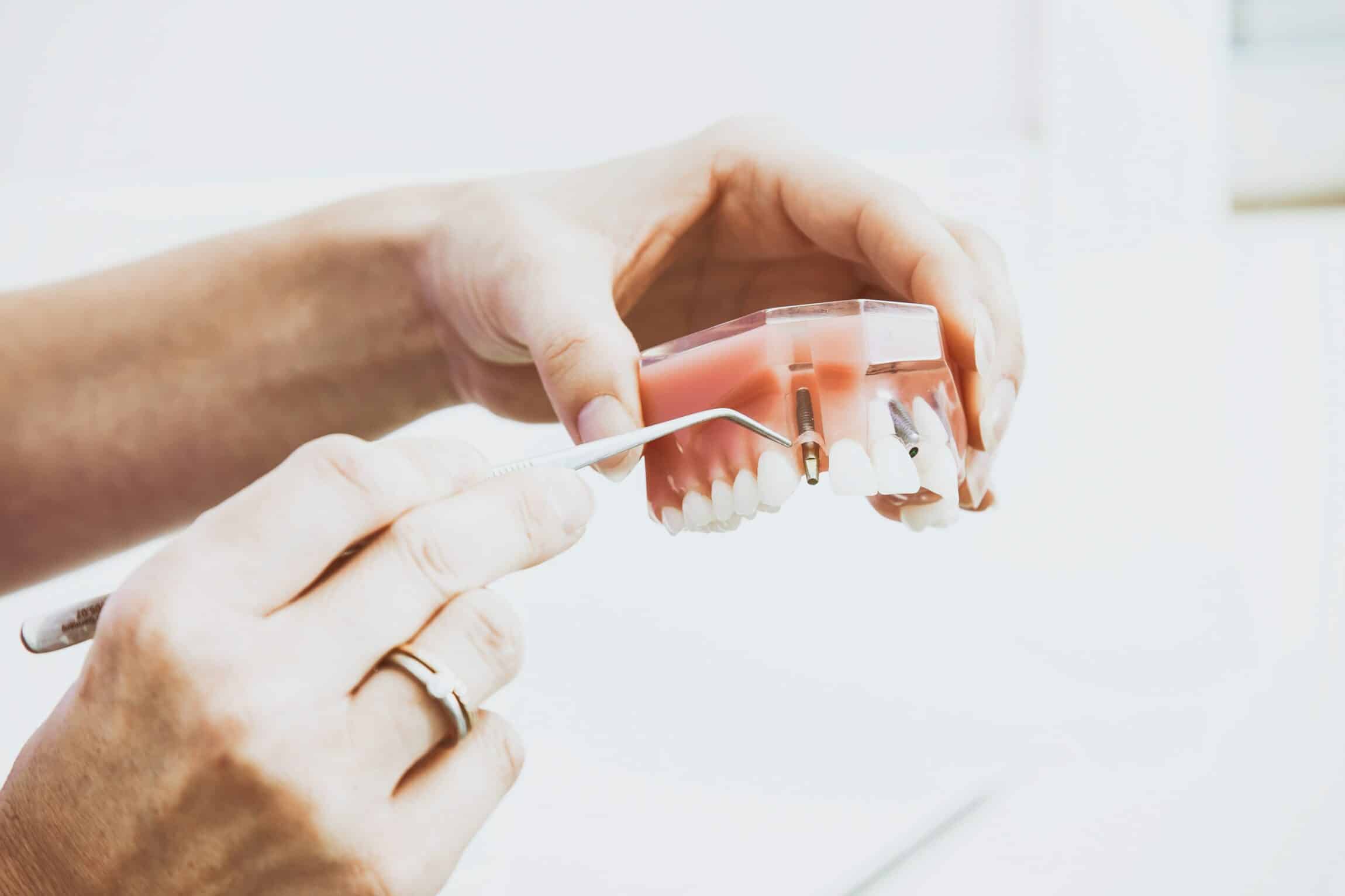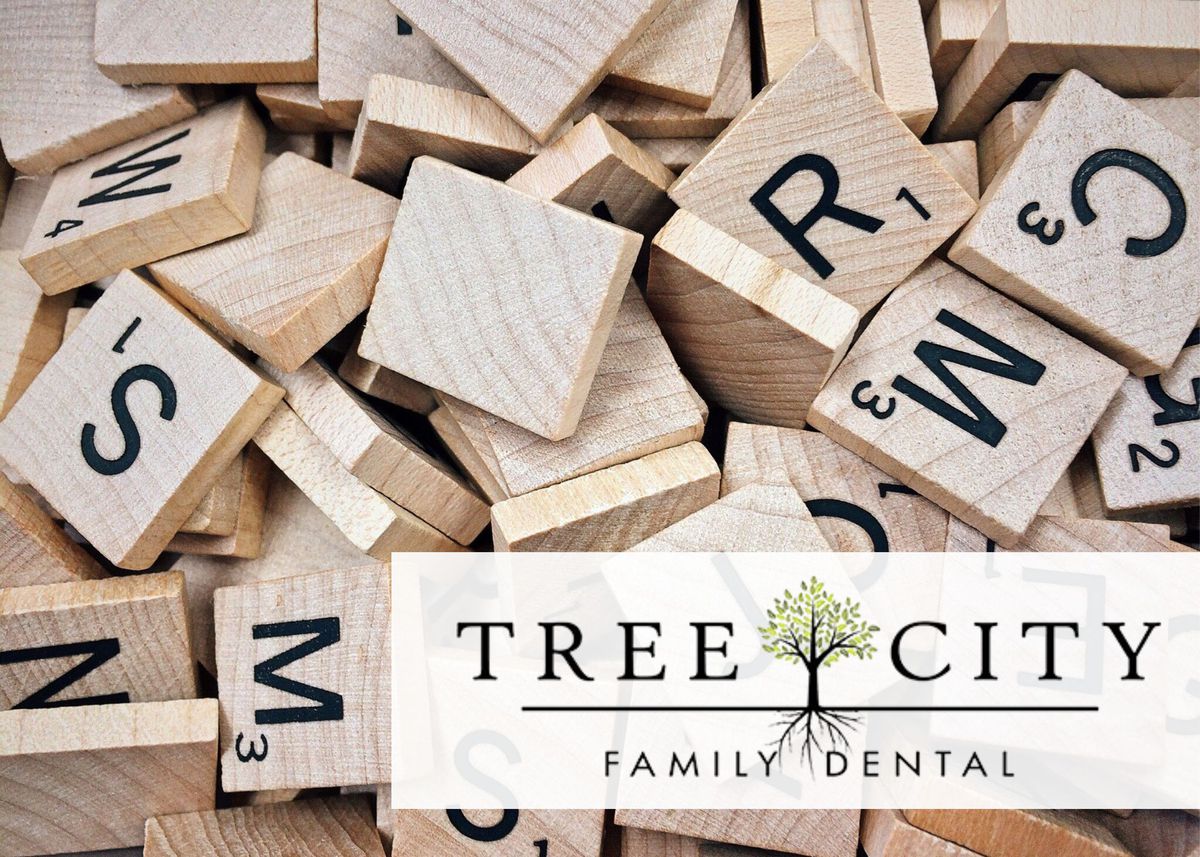Have you ever found yourself confused by the dental lingo used at the dentist’s office? Dentists usually do a great job of talking through dental procedures and explaining treatment to their patients. However, some “dentist jargon” can still be confusing. We will go over common dental jargon regarding your teeth and overall health to help you become more familiar with dental vocabulary.

Terms Surrounding Gum Disease
When it comes to oral health, it’s easy to understand basic lingo, but terms such as periodontal disease, gingivitis, and gingiva aren’t so easy to decipher. Here are some dental terms from the Glossary of Dental Terms:
Gingiva: The gums and tissues that immediately surround the teeth and are contiguous with the periodontal membrane and the mucosal tissue of the mouth.
Periodontal Disease: Inflammation of the supporting tissues of the teeth (to keep your mouth and gums healthy, you should be flossing daily).
Gingivitis: The first stage of periodontal disease. The gums usually become red, swollen, and bleed easily. This is brought on by the bacteria in dental plaque if not removed on a daily basis. If plaque is left untreated, it can lead to periodontal disease.
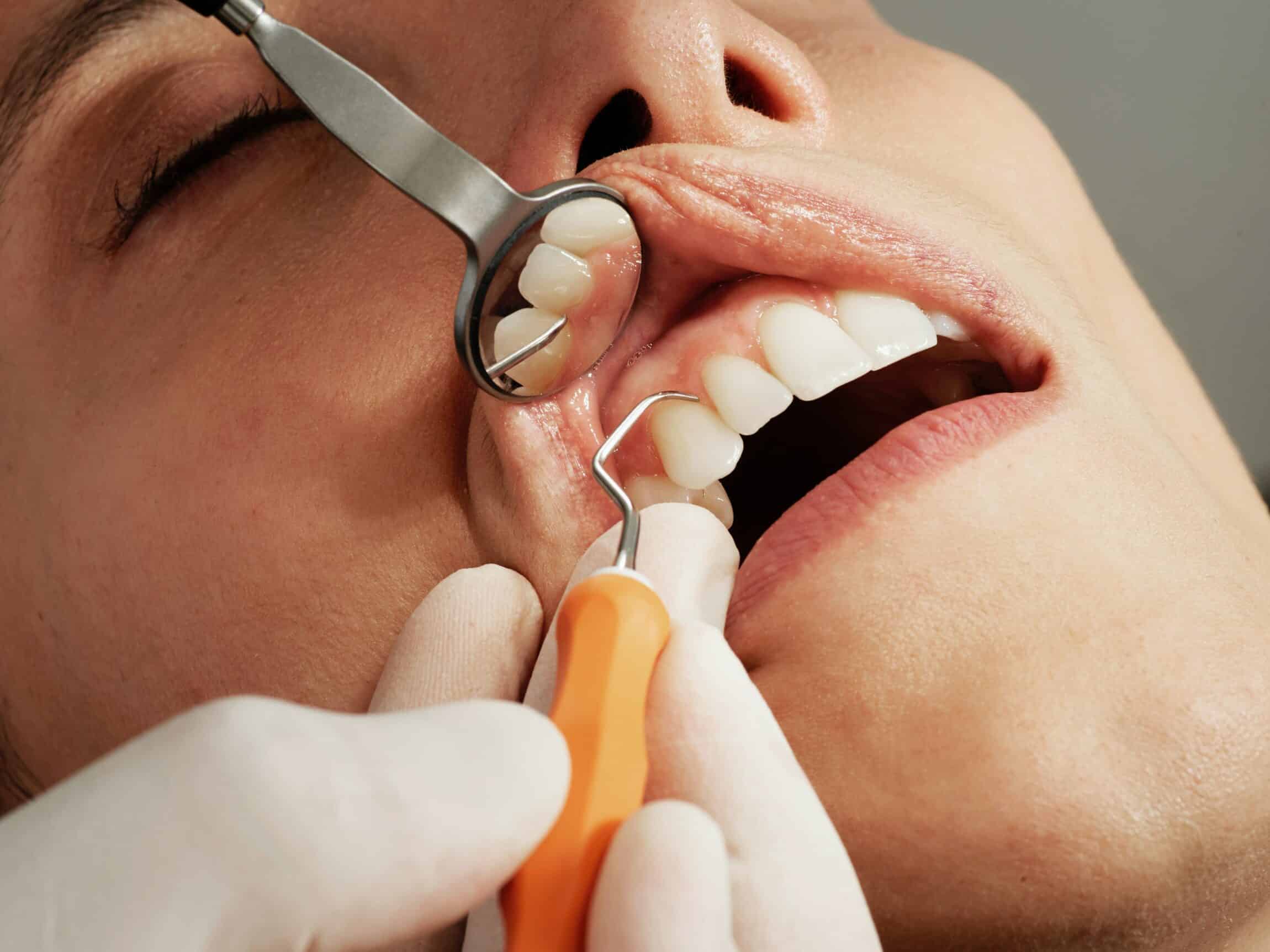
Tooth Decay Jargon
When it comes to dental health treatment, it’s important to understand the different treatments that you may need. For example, you may need to replace missing teeth or have a tooth extraction.
Dental Bridges: A fixed dental restoration used to replace one or more missing teeth by joining an artificial tooth definitively to adjacent teeth or dental implants.
Tooth Enamel: The thin outer covering of a tooth. It covers the crown of the tooth, which is the part you can see outside of the gums.
Root Canal Treatment: A treatment sequence for the infected pulp of a tooth that is intended to result in the elimination of infection and the protection of the decontaminated tooth from future microbial invasion.
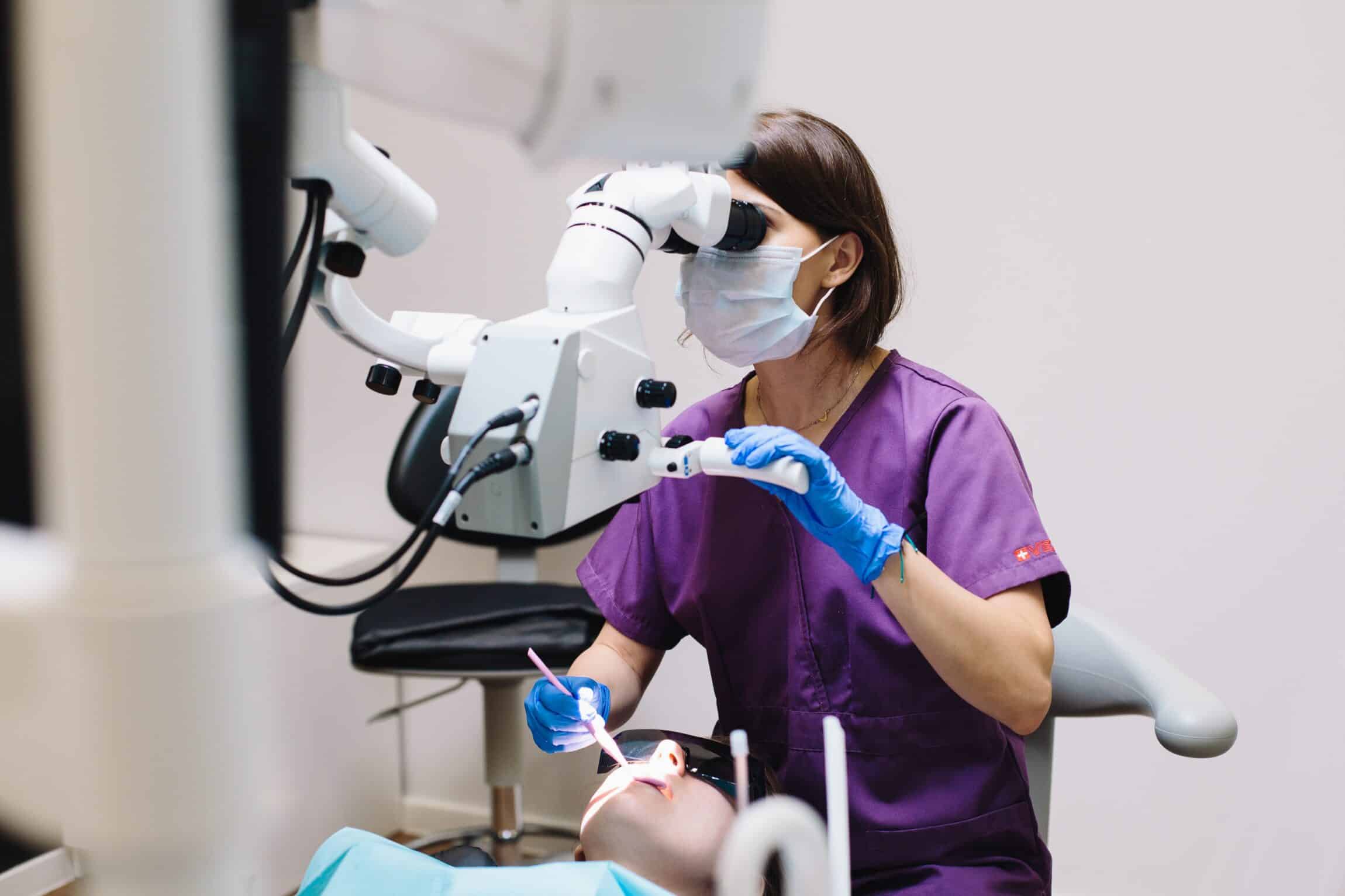
Dental Hygienist & Other Professions
To become more familiar with the different types of dental professions, here is a list of dental professionals that share the same goal of providing you with good oral hygiene and dental care:
Orthodontist: A dental specialist that addresses the diagnosis, prevention, management, and correction of mal-positioned teeth and jaws, and misaligned bite patterns. It may also address the modification of facial growth, known as dentofacial orthopedics.
Periodontist: A dentist who specializes in the prevention, diagnosis, and treatment of periodontal disease (a chronic inflammatory disease that affects the gums and bone supporting the teeth also known as gum disease), and in the placement of dental implants.
Oral Surgeon: A surgical specialty focusing on reconstructive surgery of the face, facial trauma surgery, the oral cavity, head and neck, mouth, and jaws, as well as facial cosmetic surgery/facial plastic surgery including cleft lip and cleft palate surgery.
Hygienist: Trained professionals who can remove deposits from your teeth, including plaque, hard tartar build-up, and staining. They also polish your teeth to give you that lovely smooth and clean tooth feeling. These skills not only keep your mouth clean, but they can also prevent gum disease, tooth decay, and keep your breath fresh. They are usually the ones that take care of your dental cleaning during your appointment.
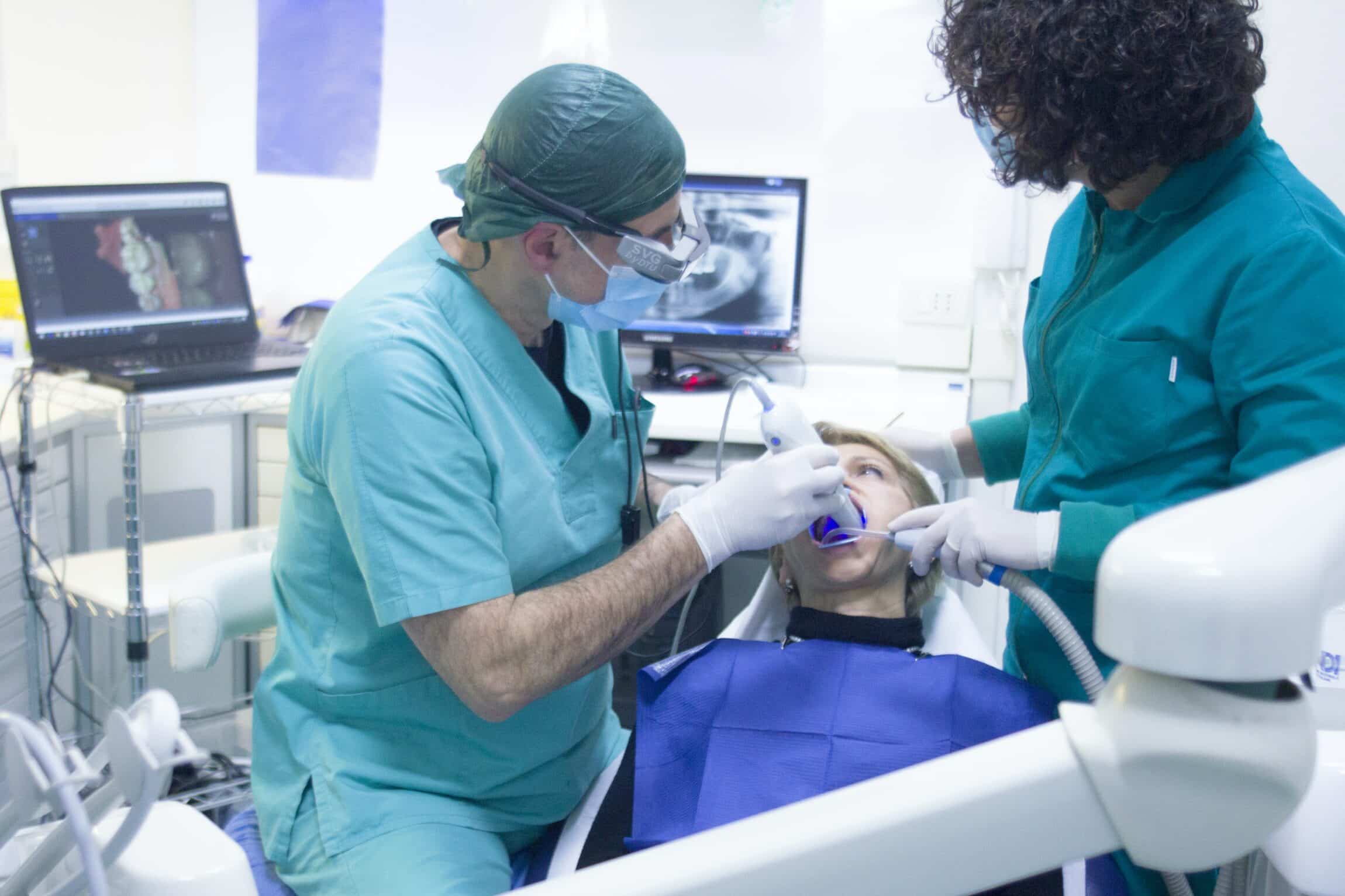
Other Dental Terminology
Here is an additional list of common dental terms to help increase your knowledge and vocabulary:
Halitosis: A foul or unpleasant breath.
Amalgam: A liquid mercury and metal alloy mixture used in dentistry to fill cavities caused by tooth decay.
Crown: Most commonly refers to a dental cap, a type of dental restoration that completely caps or encircles a tooth or dental implant. A crown may be needed when a large cavity threatens the health of a tooth. A crown is typically bonded to the tooth by dental cement.
Plaque: A sticky film that coats teeth and contains bacteria. If dental plaque isn’t removed when it’s soft, it hardens and becomes difficult to remove. Dental plaque can damage a tooth and lead to tooth decay or tooth loss.
Infected Pulp: Pulpitis occurs when the innermost tissue in your tooth becomes inflamed. Bacteria that enters your tooth through a cavity or crack causes the infection. Luckily, early pulpitis is reversible. Without treatment, the inflammation will get worse and you’ll need a root canal or tooth extraction. Ouch!
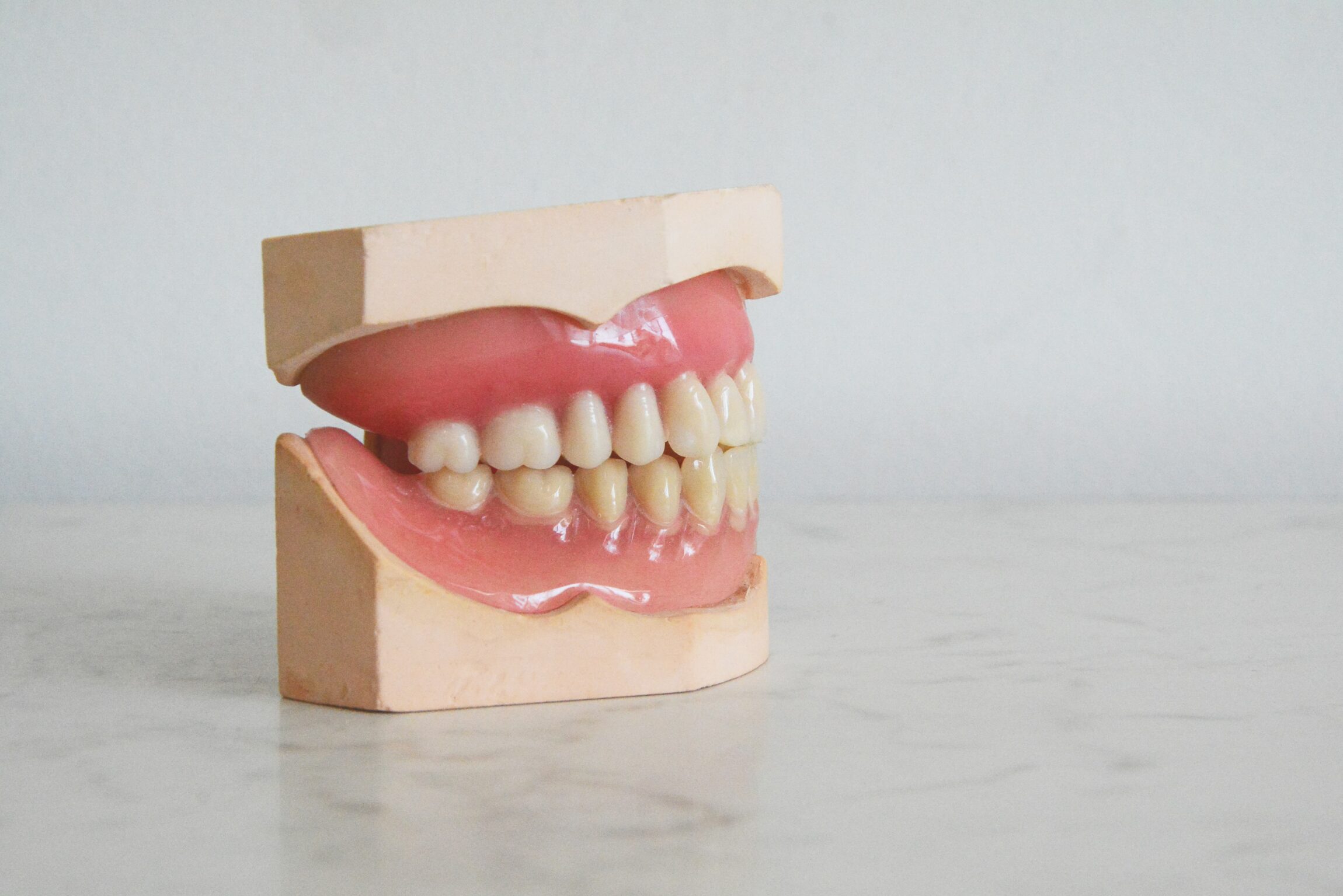
Tree City Dental Terminology
Here at Tree City Dental, we offer a variety of services to give our patients a perfect smile. Our dentists and staff will do their best to explain each treatment and procedure in careful detail to give you a clear understanding of your oral health. Here are some common terms you may hear around our office:
Oral Diseases: dental caries, periodontal (gum) disease, tooth loss, oral cancer, oro-dental trauma, noma, and birth defects such as cleft lip and palate.
Bruxism: Excessive grinding of the teeth or clenching of the jaw. This condition can affect adults and children, day or night.
Cavities: Permanently damaged areas in teeth that develop into tiny holes that are caused by bacteria, snacking, sipping sugary drinks, and poor teeth brushing/cleaning.
Implants: A prosthesis that interfaces with the bone of the jaw or skull to support a dental prosthesis such as a crown, bridge, denture, or facial prosthesis, or to act as an orthodontic anchor.
Whatever it is you may need, Tree City Dental is here to help give you the best dental care possible. Contact us for any questions or to schedule an appointment!
